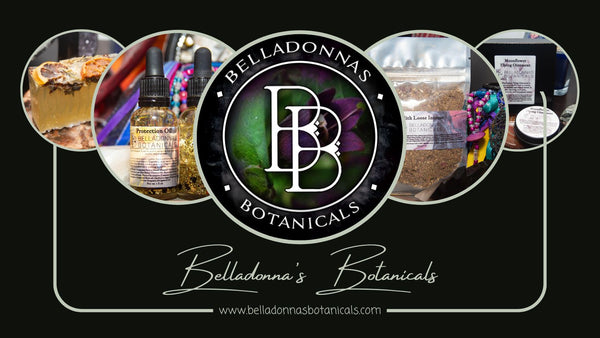Ever since I completed my French Aromatherapy Certification coursework last year, I have been curious about the trend of folks cooking with essential oils as a means of ingestion often touted under the tutelage of the "french method." Nowhere in the certification program was cooking with essential oils even once mentioned, nor have I seen it in any authentic French Aromatherapy articles, blog posts, or books. Cooking with essential oils seems to have come out of the MLM faction of the essential oils industry. Personally, I don't see the point of the practice as it is both expensive and wasteful, but lets delve a little deeper into the mythos surrounding the practice.
Setting aside the safety concerns about improper ingestion of essential oils, my gut feeling on cooking with essential oils is that it is nothing more than an expensive waste. I look at it the same way as cooking with alcohol -- my bourbon chicken is going to taste great, but I'm not going to get drunk on it because the heat required to cook or bake the dish burns off the alcohol content. The same would apply to essential oils, if you are using them for their therapeutic benefit, the heat is most likely taking that away and you will be left with expensive flavoring. So why not use fresh or dried herbs instead or even herbal infusions?
Essential oils do not contain any vitamins or minerals like herbs do. I have and am continuing to study herbalism extensively and one of the things I love about true French Aromatherapy is that it is a combination of herbalism and aromatherapy. They exist in harmony and balance and practitioners chose the best mode of application - would making an herbal poultice for a burn be a better application than putting an essential oil salve on it? Both are trusted methods of treatment and viable options.
Regarding the safety of ingesting essential oils in food, let us revisit the fact that essential oils are fat soluble meaning they are attracted the fats and not water. Once again, OIL AND WATER DO NOT MIX and that is just elementary science. With any mode of internal application of essential oils, the same safety principles apply, some essential oils are mucous membrane irritants meaning they could cause irritation in your mouth or digestive tract. Other essential oils can interact with certain medications when ingested. These are things to consider with the practice.
The potency of essential oils cannot be understated - you will often see the example comparing one drop of peppermint essential oil being the equivalent of twenty-six cups of peppermint tea. Would you drink that much peppermint tea a day? every day? GRAS (Generally regarded as safe) status does not necessarily indicate that there are zero safety concerns when it comes to ingestion. Things that were deemed GRAS by the FDA were done in parts per million not individual drops in a single beverage or dish. This article clearly outlines the particulars of essential oils and GRAS status.
As an experiment, I wanted to make Rose infused brownies, and I was not going to use a single drop of my precious and expensive Rose essential oil in it. However, I used a rose petal infused olive oil in addition to some powdered rose petals in the brownie mix and it was delicious. In my herbalism studies, there are so many amazing food and beverage preparations with natural materials that do not contain a single drop of essential oils. I prefer herbal infusions for flavoring. I've made infused honey, olive oil, and balsamic vinegar and am eager to experiment further.
If you want to cook with essential oils, no one is stopping you, but consider that there are much better alternatives to doing so that are safer, less expensive, and more sustainable in the long run.

